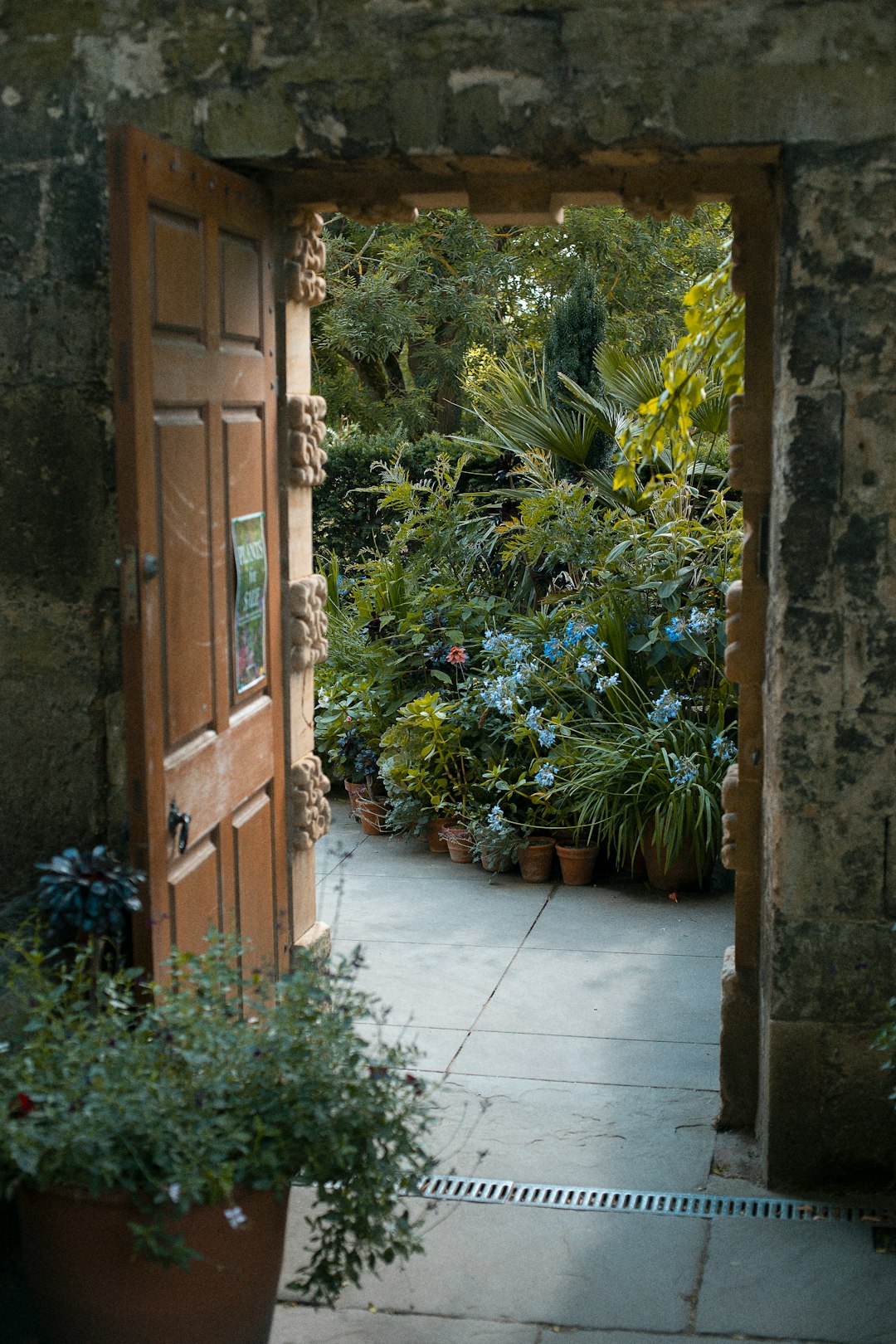Find the book you know you could write
The importance of attainability and role models
I was talking to a writer friend this week about a book they were reading. I asked if they liked it. They said it was okay and added, “…it feels very attainable, like I feel like I could write something like this.”
I knew exactly what they were talking about, having had the exact same experience many years ago. Back then, I was getting back into writing for the first time in a long time. I was writing short stories, which, outside of a very amusing murder mystery I wrote in high school,1 was mostly all I’d ever written. I was having some success getting the stories published various places and that was good.
Short stories are amazing, but novels have always been my first love. Could I write one of those? I wasn’t sure. How did you even go about it? Writing a novel felt like something other people do. Those people called novelists, but not me.
Then I read that book, the one that made me say, “Hey, I could do this. I have this in me.”
There was still a long way between that thought and the actual completion of a novel. And now, many years later, I’ve written multiple novels, several of which have delighted the very small circle of friends I’ve allowed to read them.
Still, everyone has to start somewhere and often it’s with a book that feels…attainable. Maybe it’s not a bestseller. Probably it’s not a prize-winner. It might not even be a book that changes your life or that blows you away. It’s a book that, for one reason or another, feels like something you, too, could create. A book that you’d like to create. Modest. Doable.
Finding the book you know you could write is important because it becomes a kind of paper and ink role model. You hold it in your hands and know that someone else did it. You can do it, too. That imagining is one of the first small steps in what is a long and often arduous process. In a different world, perhaps you could want to write a book, snap your fingers, and magically emerge with a completed, published novel in your hand. In the real world, it’s a long journey and you need a road map. That’s what the book you know you could write is for.

Here's a truth that might be hard to accept—that book that you know you could write will probably not be the best book you’ve ever read. It probably won’t be your favorite. That’s okay. We all have to start somewhere. Resolving to write like Virginia Woolf or Toni Morrison at the get-go is only going to lead to pronounced despair. That’s not to say you might not get there eventually, but in the beginning, start with the doable. I wonder in how many other areas of life this same principle might apply. Start with what’s within reach.
The truth is that even writing a doable novel is a very, very hard thing. You might find that it’s not at all reachable for you, which is also okay. But that book that you know you could write is your open door into a space where at the very least it’s possible.
Oh, how I wish I still had a copy of that murder mystery! It’s main character was based on the son of one of my English teachers and I was very obsessed with him. He had dyed pink hair and a mohawk, which is no big deal today, but was STUNNING in Burlington, Kentucky, in 1991. I wrote the murder mystery on my dad’s Compaq laptop, the first laptop I’d ever seen. Also, not really a laptop because it was HEAVY and the size of a suitcase, the top of which detached for the keyboard and a tiny, tiny, black screen with green font. My dad let me use that thing to write a whole book and then printed it out for me. Thanks, Dad.



Gotta start somewhere. Read a lot. Write a lot. Rinse. Repeat. Writing is a subtle craft; it always looks much easier than it actually is to do.
I agree with this 100%. Maybe 200%.